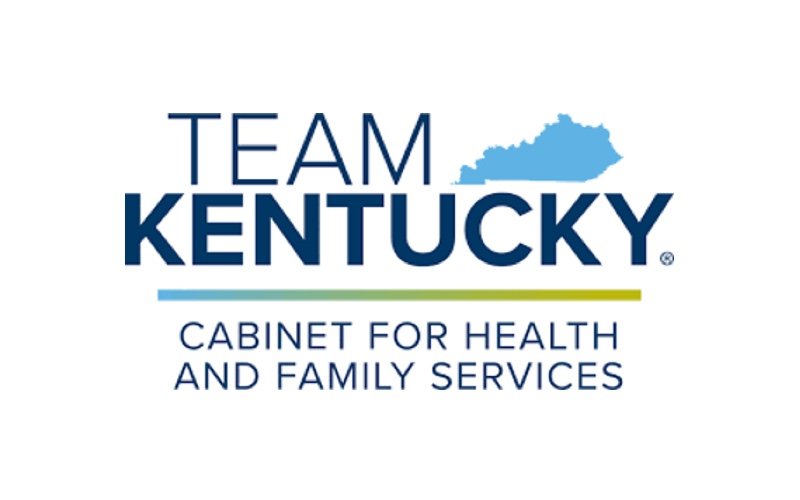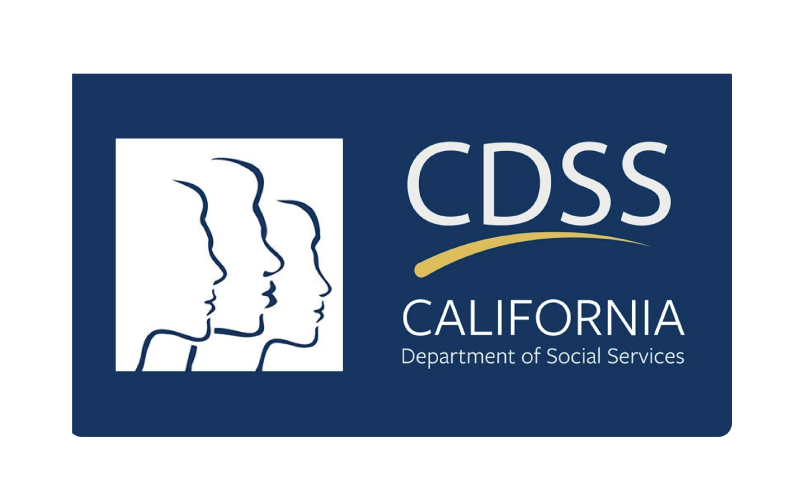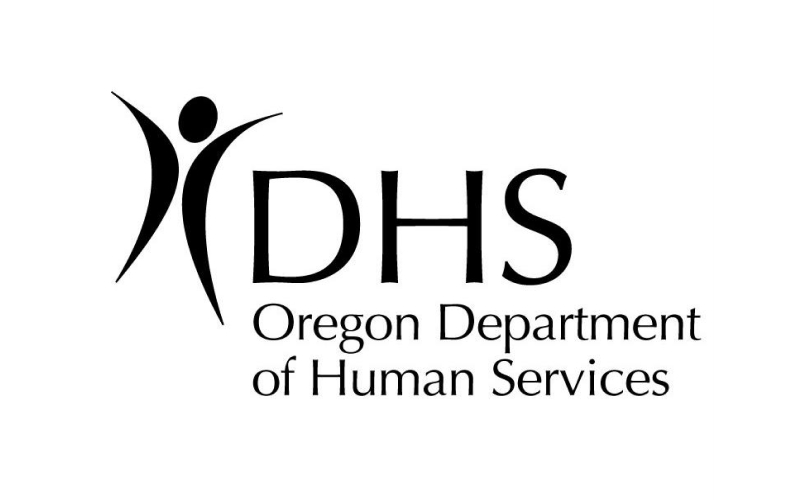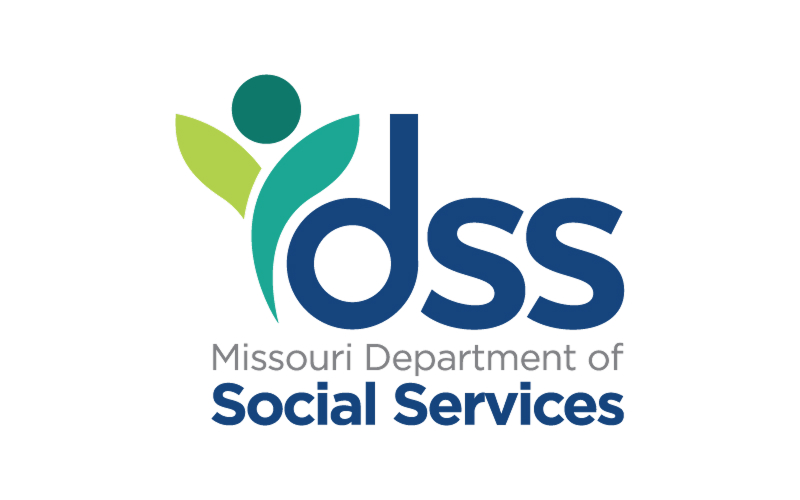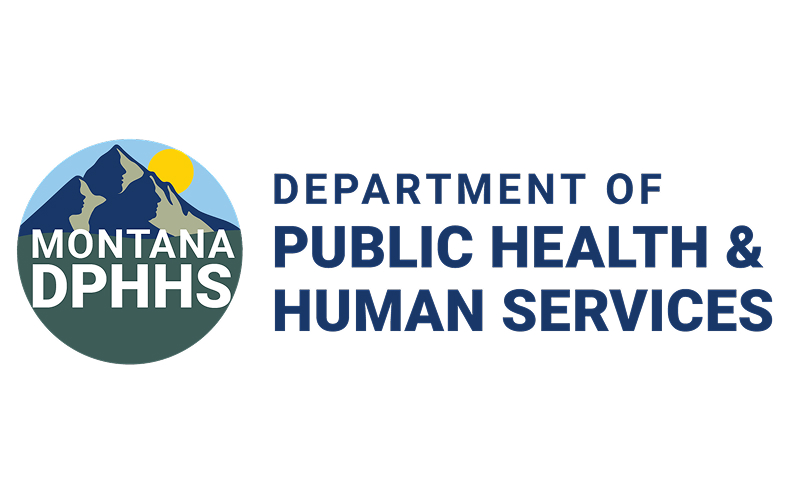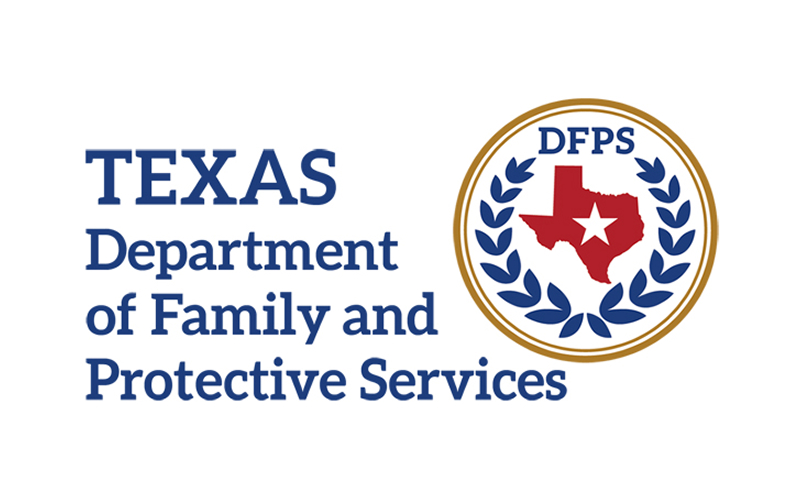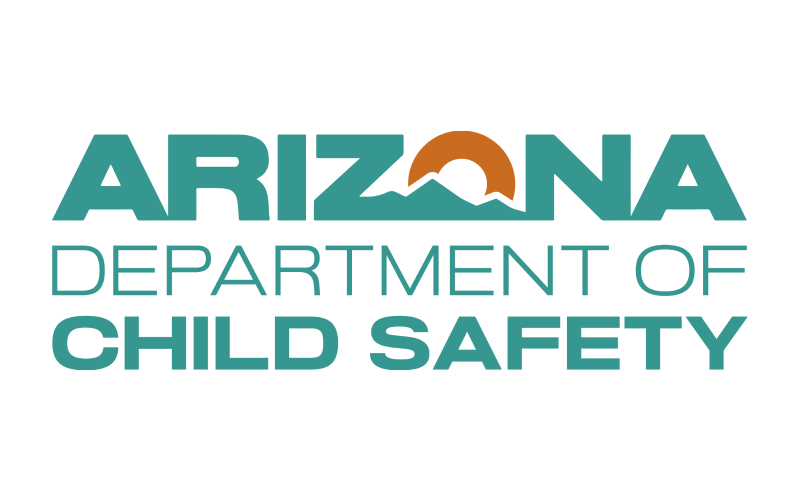Description
Combined Parent-Child Cognitive Behavioral Therapy (CPC-CBT): Empowering Families Who Are at Risk for Physical Abuse is a structured treatment program for families with children ages 3-17 and in which caregivers engage in or at risk of engaging in a continuum of coercive parenting strategies. The target population includes families in which child physical abuse by caregivers has been substantiated, families that have had multiple referrals to a child protection services agency, and caregivers who have reported significant stress and fear that they may lose control and hurt their child. The program aims to reduce children’s posttraumatic stress disorder (PTSD) symptoms, other internalizing symptoms, and behavior problems while improving parenting skills and parent-child relationships and reducing the use of corporal punishment by parents. CPC-CBT is grounded in cognitive behavioral theory and incorporates elements (e.g., trauma narrative and processing, positive reinforcement, timeout, behavioral contracting) from empirically supported CBT models for families who have experienced sexual abuse, physical abuse, and/or domestic violence, as well as elements from motivational, family systems, trauma, and developmental theories.
CPC-CBT is a manualized treatment consisting of 16 to 20 weekly sessions offered in either individual (90-minute sessions) or group (2-hour sessions) format. Every session begins with the parent and child meeting individually with the clinician and concludes with the parent, child and clinician together. The amount of time spent jointly with the parent, child and clinician increases as therapy progresses. By the end of the course of treatment, the majority of the session is spent jointly with parent, child and clinician. The treatment consists of the following phases: Engagement, Skill Building, Family Safety Planning, and Abuse Clarification. CPC-CBT has materials available in languages other than English: Czech, Finnish, Japanese, Spanish, and Swedish.
Helping children heal from their abusive experiences; Empowering caregivers to effectively parent their children in a non-coercive manner; Strengthening caregiver-child relationships; Enhancing the safety of all family members; Reduce children’s PTSD symptoms; Improve caregiver mood, coping skills, and parenting skills.



